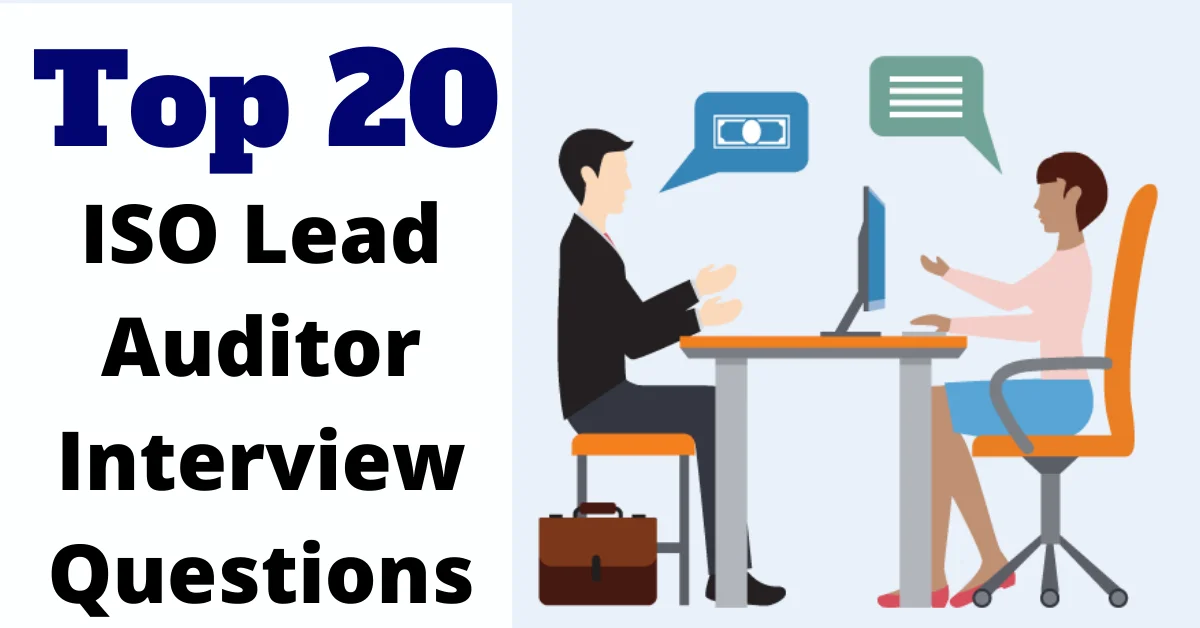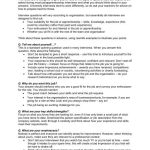The thought of an ISO audit can send shivers down even the most seasoned professional’s spine. It’s a high-stakes event that requires meticulous preparation and swift responses to questions from auditors. One of the most critical aspects of acing an ISO audit is knowing how to answer questions effectively. In this blog post, we’ll dive into the best way to answer a question during an ISO audit.
The Importance of Proper Question Answering
It’s easy to underestimate the significance of answering questions correctly during an ISO audit. However, it can be the difference between a smooth and successful audit or one that drags on and causes unnecessary stress. Think about it – auditors are not just looking for compliance with standards; they’re also evaluating your organization’s ability to implement and maintain effective processes.
What Auditors Are Looking For
Auditors want to see evidence of a robust quality management system that consistently delivers high-quality products or services. They’ll be asking questions about your processes, procedures, and controls – and how they align with the relevant ISO standard. In this post, we’ll focus on providing practical tips and best practices for answering these questions confidently and effectively.

The thought of an ISO audit can send shivers down even the most seasoned professional’s spine. It’s a high-stakes event that requires meticulous preparation and swift responses to questions from auditors. One of the most critical aspects of acing an ISO audit is knowing how to answer questions effectively. In this blog post, we’ll dive into the best way to answer a question during an ISO audit.
The Importance of Proper Question Answering
It’s easy to underestimate the significance of answering questions correctly during an ISO audit. However, it can be the difference between a smooth and successful audit or one that drags on and causes unnecessary stress. Think about it – auditors are not just looking for compliance with standards; they’re also evaluating your organization’s ability to implement and maintain effective processes.
What Auditors Are Looking For
Auditors want to see evidence of a robust quality management system that consistently delivers high-quality products or services. They’ll be asking questions about your processes, procedures, and controls – and how they align with the relevant ISO standard. In this post, we’ll focus on providing practical tips and best practices for answering these questions confidently and effectively.
Be Prepared to Provide Evidence
Auditors will often ask you to provide evidence of your processes and procedures in action. This might include documentation, records, or even observing your team’s work. Be prepared to walk them through your process maps, SOPs, and other key documents that demonstrate how your organization implements and maintains its quality management system.
Speak the Language
ISO standards are filled with technical jargon and acronyms. Make sure you’re familiar with the terminology used in the relevant standard and be prepared to explain complex concepts in simple terms. This will help auditors understand your processes and procedures more easily, and demonstrate your organization’s commitment to quality.
Be Transparent and Honest
Auditors are looking for transparency and honesty from your organization. If you’re unsure or don’t know the answer to a question, it’s okay to say so. Just be prepared to explain what you do know and how you’ll address any gaps or issues that arise.
Practice Makes Perfect
The more you practice answering questions about your quality management system, the more confident you’ll become. Conduct internal audits or mock interviews with colleagues to get comfortable with the types of questions auditors might ask. This will help you develop a clear and concise response to even the toughest questions.
Conclusion
By following these best practices for answering questions during an ISO audit, you’ll be well on your way to achieving a successful and stress-free audit experience. Remember, auditors are looking for evidence of a robust quality management system that consistently delivers high-quality products or services. By being prepared to provide evidence, speaking the language, being transparent and honest, and practicing your responses, you can confidently answer questions and demonstrate your organization’s commitment to quality.
For more tips on how to prepare for an ISO audit, check out ISO’s guidelines on conducting audits. And don’t forget to review the relevant ISO standard and familiarize yourself with its terminology and requirements.
Expert Guidance for ISO Audit Questions
Get expert advice on how to navigate your next ISO audit with confidence.
Start chatIn our previous posts, we’ve explored the importance of answering questions correctly during an ISO audit and what auditors are looking for when evaluating your organization’s quality management system.
Summarizing the Key Points
So, let’s recap the key takeaways:
- It’s crucial to have a solid understanding of your organization’s processes, procedures, and controls.
- Auditors want to see evidence of a robust quality management system that consistently delivers high-quality products or services.
- You should be prepared to provide concrete examples of how your organization implements and maintains its processes.
Final Insights
When answering questions during an ISO audit, remember to stay calm, composed, and confident. Don’t be afraid to ask for clarification if you’re unsure what the auditor is looking for. Remember that auditors are not there to trick or trap you, but rather to evaluate your organization’s ability to implement and maintain effective processes.
A Strong Conclusion
By following these best practices and being prepared to answer questions confidently and effectively, you’ll be well on your way to acing your ISO audit. Remember that it’s not just about compliance – it’s about demonstrating your organization’s commitment to quality and continuous improvement.
In the end, a successful ISO audit is not just a requirement, but an opportunity to showcase your organization’s strengths and capabilities. So, take control of the process, be prepared, and you’ll emerge from the audit with flying colors and a renewed sense of confidence in your quality management system.


